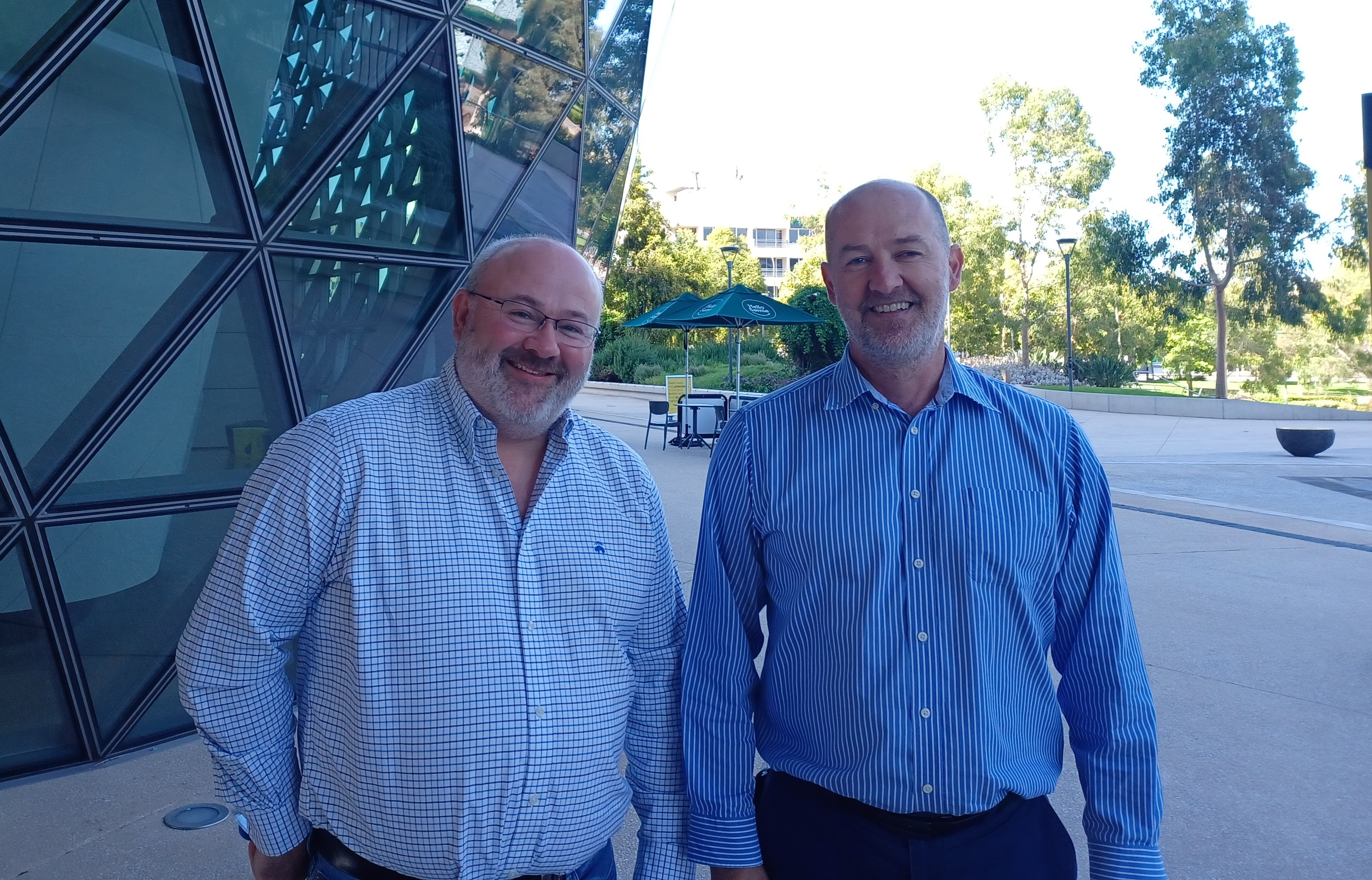Major boost for children’s brain tumour research
Federal funding to accelerate translation of new treatments to clinical trials
.png)
A new $18.7 million Federal investment is set to transform treatment options for children diagnosed with high-grade gliomas — the most aggressive form of brain cancer in young people.
The five-year project, funded through the Medical Research Future Fund and led by Professor Matt Dun at the University of Newcastle, will develop and test a new class of drugs designed to penetrate the brain and target tumour-driving mechanisms more effectively.
Adelaide-based paediatric oncologist Professor Jordan Hansford will help guide this national collaboration, overseeing the planning and design of future clinical trials to ensure research discoveries are translated into real-world outcomes for children and families across Australia.
Professor Hansford, who leads the Paediatric Neuro-Oncology Research Program at SAHMRI and works as a paediatric oncologist at the Women’s and Children’s Hospital, has long been a driving force in advancing paediatric brain cancer research in South Australia. The NeuroSurgical Research Foundation is proud to have supported Professor Hansford’s paediatric brain tumour research in South Australia through seed funding for the state’s first Paediatric Brain Tumour Biobank, dubbed “Brain Turbo SA”. This critical resource now underpins research collaboration and innovation across the state.
Preclinical work by Prof Dun’s team has already shown encouraging results. The researchers are developing a class of compounds known as brain-penetrant Protein Kinase C inhibitors, with greater potency and safety than earlier candidates. The most advanced of these, JLD14, has shown strong promise in the lab and is expected to be the first to progress toward human trials within the next five years.
Professor Hansford said the new Federal investment represents an important step forward for families facing childhood brain cancer.
“For children diagnosed with high-grade glioma, there have been so few effective options for far too long. This national collaboration gives us genuine hope of changing that, by translating cutting-edge science into treatments that can make a real difference,” he said.
This announcement follows another major success in paediatric brain cancer research, with Professor Quenten Schwarz at the University of Adelaide, also in collaboration with Professor Hansford, was recently awarded $3 million in Federal funding to uncover the genetic changes that predispose children to brain cancer, work that was initiated thanks to early NRF support.
Together, these achievements highlight how seed funding from donors can spark national research breakthroughs and demonstrate the power of collaboration across Australia’s medical research community — all working towards a shared goal of better treatments and brighter futures for children with brain cancer.





